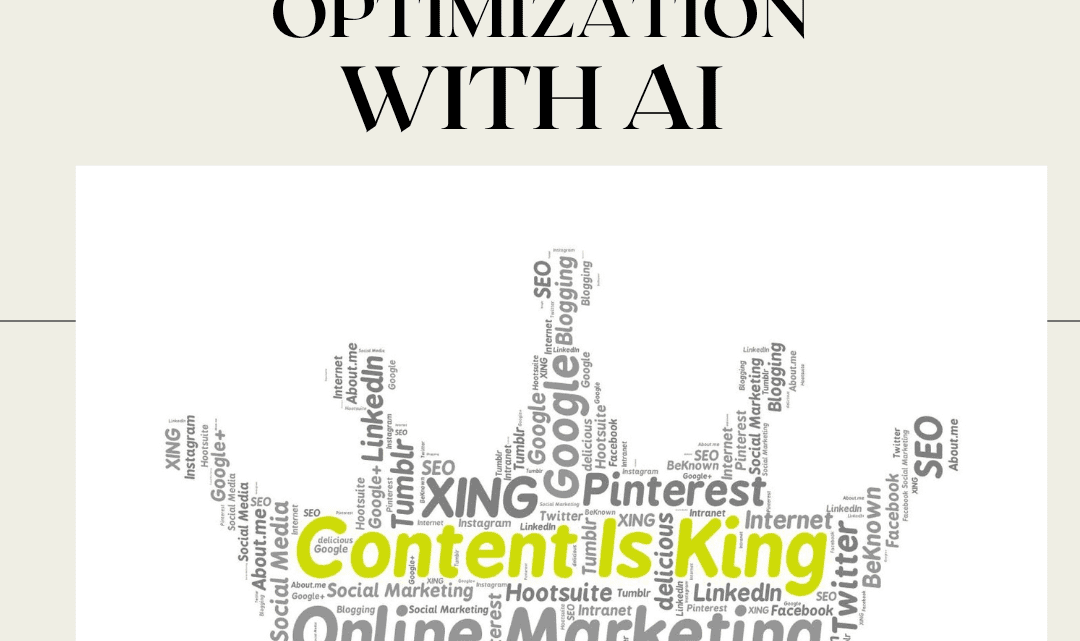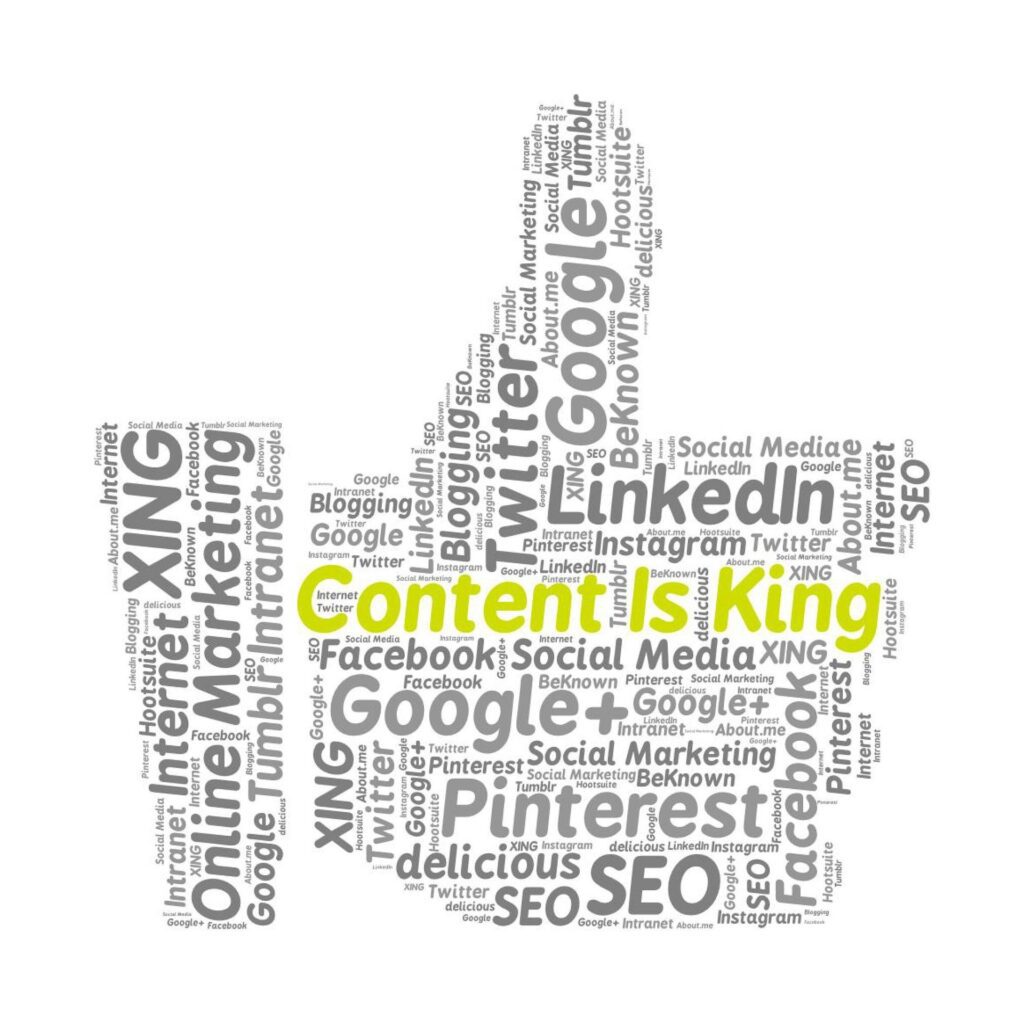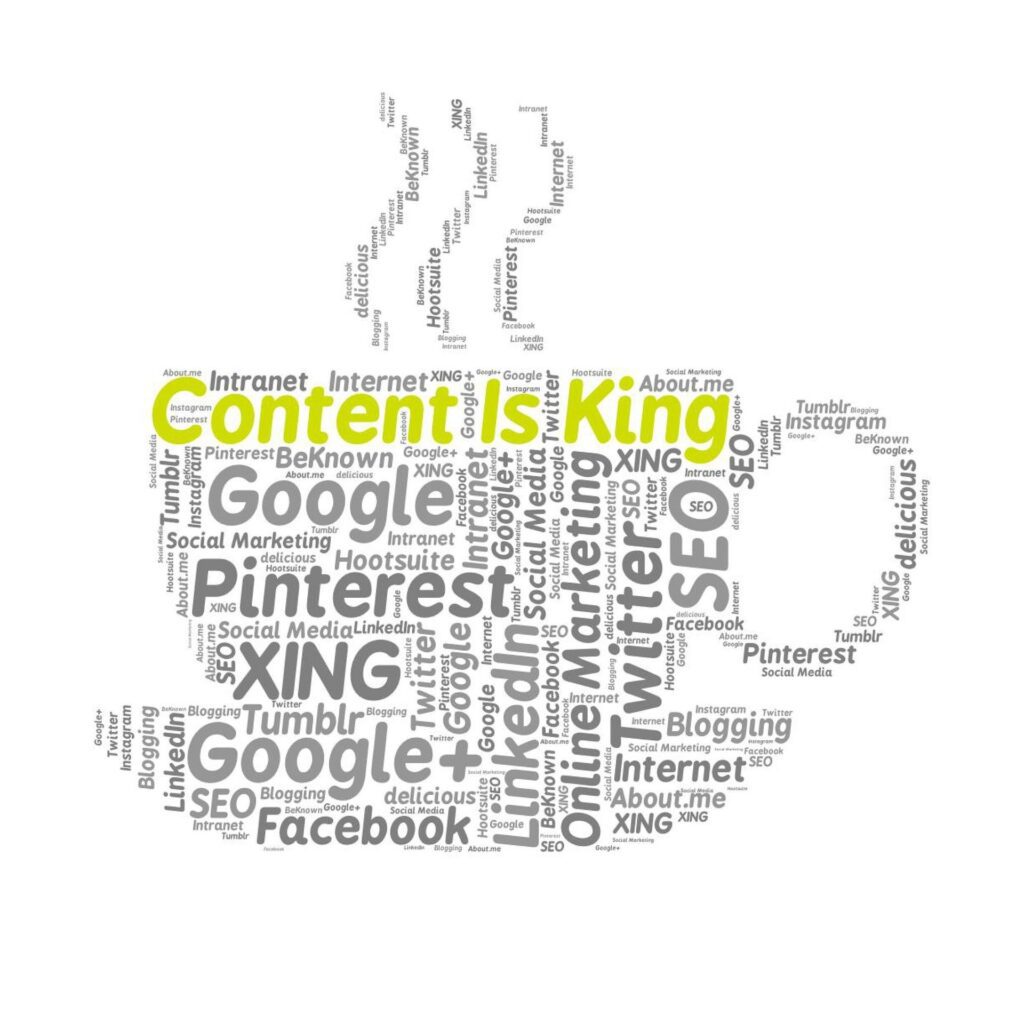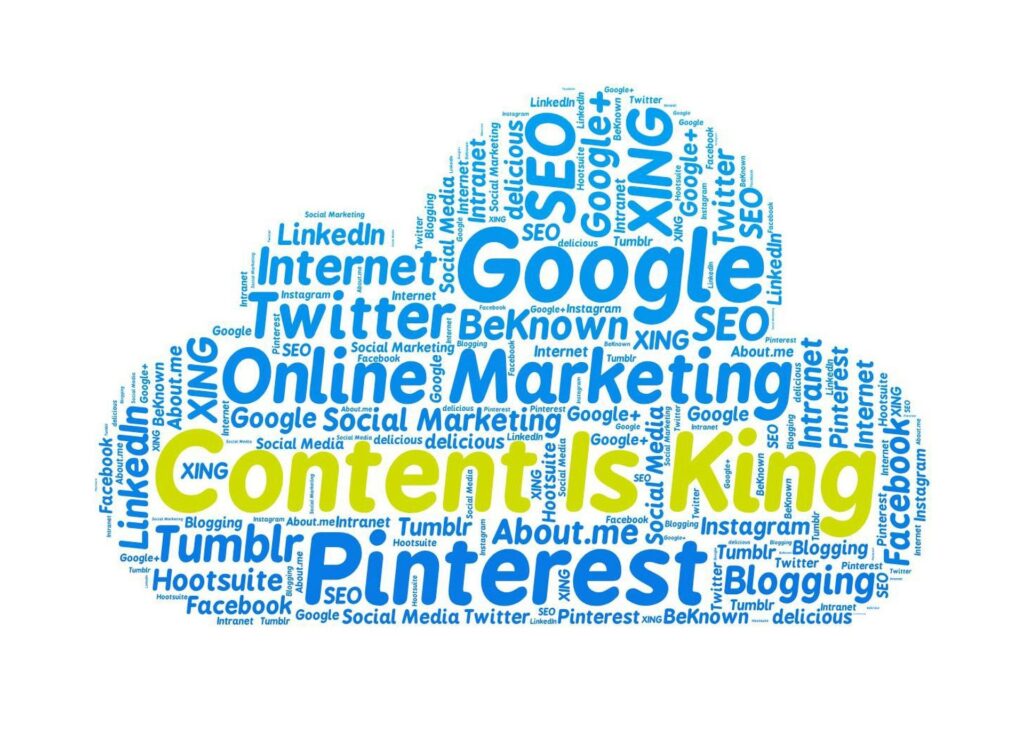Content Creation with AI & Optimization: How to Do it?
March 16, 2023 By https://www.amazon.com/author/jeyaraj 0
Content Creation with AI & Optimization: How to Do it? How AI can assist with content creation, curation, and optimization to ensure that brands are delivering the right message to the right audience at the right time
Content creation and optimization are crucial components of modern marketing strategies. With the increasing amount of content available online, it can be challenging for businesses to create and distribute content that resonates with their target audience. Fortunately, AI can assist with content creation, curation, and optimization to ensure that brands are delivering the right message to the right audience at the right time. Here are some of the ways in which AI is transforming content creation and optimization

Content Creation with AI – Content Generation
AI-powered tools can generate content automatically, such as blog posts, social media updates, and product descriptions. These tools use natural language processing and machine learning algorithms to create content that is grammatically correct, factually accurate, and on-brand. This can save businesses time and resources and ensure that they always have fresh, high-quality content available for their audience.
Content generation is an important aspect of marketing and communication strategy for businesses of all sizes. However, creating high-quality content consistently can be a time-consuming and resource-intensive process. This is where AI-powered content generation tools come in handy.
These tools use natural language processing (NLP) and machine learning (ML) algorithms to create content that is grammatically correct, factually accurate, and on-brand. They can generate a wide range of content types, including blog posts, social media updates, and product descriptions, among others.
NLP algorithms enable these tools to analyze and understand the meaning and context of the text, including grammar, syntax, and vocabulary. They can identify and correct grammatical errors, spelling mistakes, and even suggest synonyms to improve the readability of the content.
On the other hand, ML algorithms can learn from the input data, such as past content, customer feedback, and industry trends, to create content that aligns with the brand’s voice, tone, and style. These algorithms can also adapt to changing customer preferences and adjust the content generation process accordingly.
By leveraging AI-powered content generation tools, businesses can save time and resources and ensure that they always have fresh and relevant content available for their audience. This can also enable them to focus on other important aspects of their business, such as strategy, customer engagement, and growth.
However, it’s worth noting that while AI-generated content can be useful, it should not replace human-created content entirely. Human creativity and emotional intelligence are essential for creating content that resonates with the audience and builds strong relationships with them. Therefore, businesses should aim to strike a balance between AI-generated and human-created content.
Content Creation with AI – Content Curation

AI can assist with content curation by identifying and categorizing relevant content from a variety of sources. These tools use natural language processing and machine learning algorithms to identify content that is relevant to a particular topic or keyword. This can help businesses to curate content that is interesting and informative for their target audience, without having to spend hours searching for it themselves.
Content curation is an essential part of content marketing and social media strategy. It involves finding, selecting, and sharing high-quality content from different sources that is relevant to a business’s target audience. However, manually searching for relevant content can be time-consuming and challenging, especially when dealing with a large volume of content.
AI-powered content curation tools can help businesses to streamline this process. These tools use natural language processing (NLP) and machine learning (ML) algorithms to identify and categorize relevant content from a variety of sources, such as news articles, blogs, social media posts, and videos.
NLP algorithms enable these tools to analyze and understand the meaning and context of the content, including the topic, keywords, and sentiment. They can identify and categorize content based on different criteria, such as the level of relevance, authority, and popularity.
On the other hand, ML algorithms can learn from the input data, such as the past content that has been shared, the user’s preferences, and the industry trends. These algorithms can adapt to the user’s preferences and deliver personalized recommendations based on the user’s interests and behavior.
By leveraging AI-powered content curation tools, businesses can save time and resources and ensure that they always have fresh and relevant content to share with their audience. This can also help businesses to establish themselves as thought leaders in their industry by providing valuable and informative content to their target audience.
However, it’s essential to note that while AI can assist with content curation, it cannot replace the human touch entirely. Human expertise is still necessary to ensure that the curated content aligns with the business’s brand voice, tone, and style. Therefore, businesses should aim to strike a balance between AI-powered curation and human curation to deliver the best results.
Content Creation with AI – Personalization
AI can assist with personalizing content for different segments of a target audience. By analyzing data on user behavior, AI can identify what types of content are most likely to resonate with specific groups of people. This can help businesses to deliver personalized content that is tailored to the interests and preferences of their target audience.
Personalization is a critical aspect of modern marketing and communication strategies. It involves tailoring content and messaging to individual users based on their interests, behavior, and preferences. Personalization can help businesses to build stronger relationships with their target audience, increase engagement and conversions, and drive customer loyalty.
AI-powered personalization tools can assist businesses in delivering highly personalized content to their audience. These tools use machine learning algorithms to analyze user behavior data, such as browsing history, purchase history, and engagement with previous content. Based on this data, the AI can identify patterns and preferences that help it to segment users into different groups and predict what type of content will resonate most with each group.
For instance, a business may use AI to personalize email marketing campaigns by analyzing a user’s browsing and purchase history to recommend products that the user is most likely to be interested in. The AI can also analyze the user’s past engagement with the business’s content to determine what type of content will be most effective in capturing their attention.
AI can also assist with website personalization by recommending content or products based on a user’s previous behavior or demographic information. This can help to create a more personalized and engaging experience for the user, increasing the likelihood of conversion.
By leveraging AI-powered personalization tools, businesses can improve the relevance and effectiveness of their content, build stronger relationships with their audience, and ultimately drive better results. However, it’s worth noting that while AI can assist with personalization, it’s still essential to ensure that the content aligns with the business’s brand voice, tone, and style. Therefore, businesses should aim to strike a balance between AI-powered personalization and human creativity to deliver the best possible results.

Optimization
AI can assist with optimizing content for search engines and social media platforms. By analyzing data on user behavior and engagement, AI can identify which types of content are most likely to perform well on different platforms. This can help businesses to optimize their content for maximum visibility and engagement.
Optimizing content for search engines and social media platforms is critical to ensuring that it reaches the target audience and generates the desired results. However, optimizing content can be a complex and time-consuming process, requiring businesses to analyze data and make informed decisions about content creation and promotion.
AI-powered optimization tools can assist businesses in streamlining this process by automating some of the tasks involved in content optimization. These tools use machine learning algorithms to analyze data on user behavior and engagement, such as clicks, shares, likes, and comments. Based on this data, the AI can identify patterns and preferences that help it to optimize content for maximum visibility and engagement.
For example, AI can help businesses to optimize their website content for search engines by analyzing user behavior data and identifying the most effective keywords and phrases to use in the content. AI can also help businesses to optimize social media content by analyzing engagement data and recommending the best times to post, the most effective hashtags to use, and the most engaging types of content to share.
By leveraging AI-powered optimization tools, businesses can save time and resources and ensure that their content is optimized for maximum visibility and engagement. This can help to improve the reach and effectiveness of their content, drive more traffic and conversions, and ultimately deliver better results.
However, it’s worth noting that while AI can assist with optimization, it cannot replace the need for human expertise and creativity entirely. Therefore, businesses should aim to strike a balance between AI-powered optimization and human creativity to deliver the best possible results
Performance Analysis
AI can assist with analyzing the performance of content across different channels and platforms. By analyzing data on user behavior and engagement, AI can identify which types of content are most effective at driving engagement, conversions, and other key performance indicators. This can help businesses to refine their content strategy and optimize their content for maximum impact.
Analyzing the performance of content is critical to understanding how well it is resonating with the target audience and achieving the desired results. However, analyzing performance data can be a complex and time-consuming process, requiring businesses to collect and analyze data from different sources.
AI-powered performance analysis tools can assist businesses in streamlining this process by automating some of the tasks involved in analyzing content performance. These tools use machine learning algorithms to analyze data on user behavior and engagement, such as clicks, shares, likes, and comments. Based on this data, the AI can identify patterns and preferences that help it to analyze the performance of content across different channels and platforms.
For example, AI can help businesses to analyze the performance of their website content by analyzing user behavior data and identifying which pages are generating the most traffic and conversions. AI can also help businesses to analyze the performance of their social media content by analyzing engagement data and identifying which types of content are generating the most likes, shares, and comments.
By leveraging AI-powered performance analysis tools, businesses can gain insights into how their content is performing across different channels and platforms. This can help them to refine their content strategy, optimize their content for maximum impact, and ultimately achieve better results.
However, it’s worth noting that while AI can assist with performance analysis, it cannot replace the need for human expertise and creativity entirely. Therefore, businesses should aim to strike a balance between AI-powered performance analysis and human expertise to deliver the best possible results.
Conclusion
In conclusion, AI is transforming content creation and optimization by automating many of the time-consuming tasks involved in content creation, curating relevant content, personalizing content, optimizing it for search engines and social media platforms, and analyzing its performance. By leveraging AI-powered tools, businesses can create and distribute high-quality, engaging content that resonates with their target audience, improves brand awareness, and drives conversions. As AI technology continues to evolve, we can expect to see even more advancements in content creation and optimization, leading to further transformation in the marketing industry.
More Cutting Edge Marketing insights: Focus on Brands that have Successfully Leveraged AI
Insider Strategies for Building a Thriving Business from the Ground Up

About The Author
Business Consultant, Online Marketer, Blogger on Business News @ www.jjbizconsult.com

